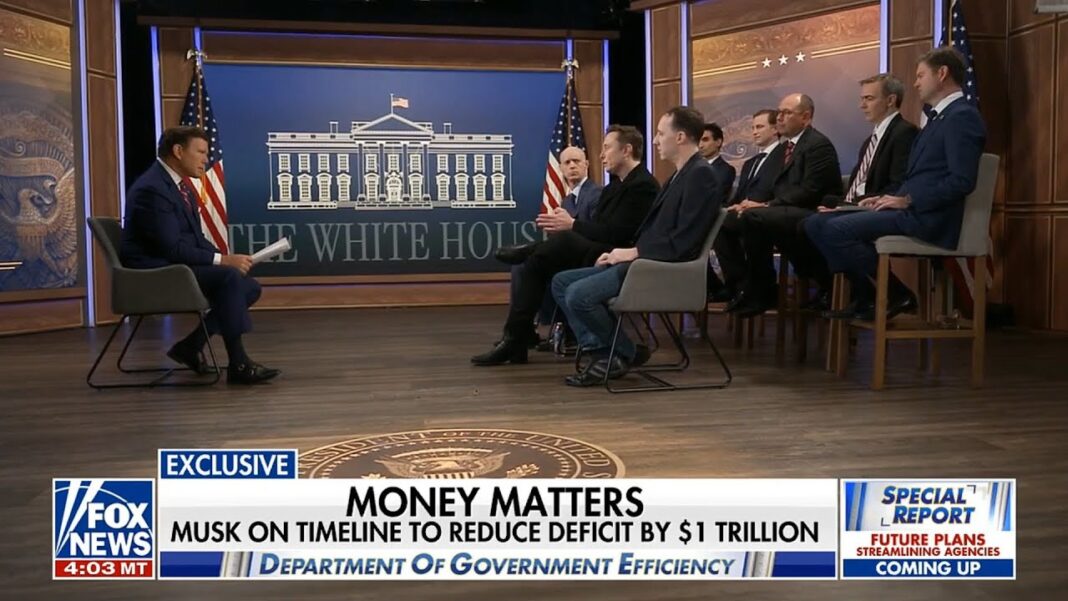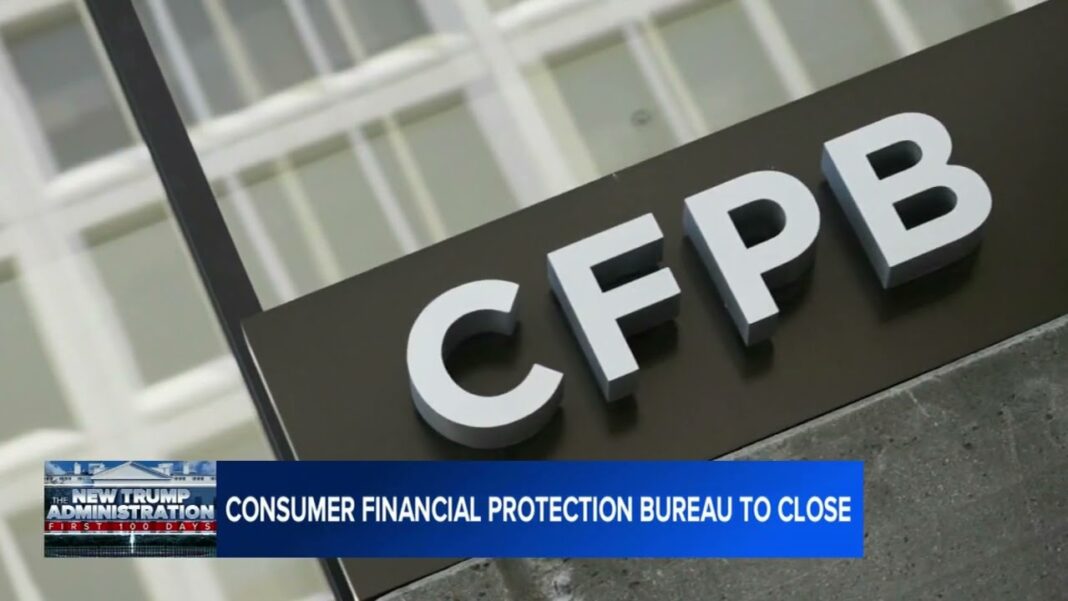
The new legislation cuts the individual income tax rate to 3 percent by 2030. After that, it will decrease every year until it is eliminated.
Mississippi Gov. Tate Reeves has signed historic legislation eliminating individual income tax in the state.
Reeves celebrated the new law at a signing ceremony at the governor’s mansion on Thursday, calling it a “turning point” in the state’s history.
“Mississippi will no longer tax the work, the earnings, or the ambition of its people,” Reeves said in a statement on X. “This is more than a policy victory. This is a transformation. And it’s a transformation that I have believed in, fought for, and worked toward for many years. From my days as lieutenant governor to my first campaign for this office—and every legislative session since—I have made this my mission.”
The new legislation, House Bill 1, cuts the individual income tax rate to 3 percent by 2030. After that, it will decrease every year until it is ultimately eliminated entirely.
The legislation signed by Reeves also decreases the tax on grocery sales from seven percent to five percent.
Reeves said the new law would make Mississippi a magnet for corporate investment and attract workers from other states.
“This law means more money in your pocket. It means more jobs in your town. It means a future with more opportunity for your children and grandchildren,” the governor said.
Mississippi’s decision has faced major criticism from local officials and experts. The new law phases out the tax without raising another tax, prompting concerns over how the state would offset its cash reserves.
Neva Butkus, a senior analyst at the Institute on Taxation and Economic Policy, projected that the state’s new law will likely result in a $2.6 billion reduction to the current $7 billion general fund budget.
“What the state is essentially committing to is a very extreme and dramatic loss of revenue during a very tumultuous time during which the state might be reckoning with large federal cuts to social programs that many Mississippians rely on,” Butkus said. “And they’re doing all of this while creating a windfall for the state’s wealthiest residents in the poorest state in the union.”





